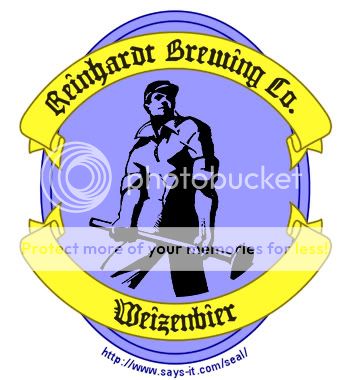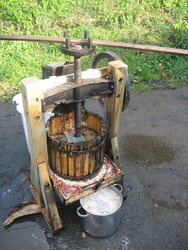Danno77
Minister of Fire
I heard something about regular paper and milk?!?!?homebrewz said:There are many brewers on this site.. and even more beer appreciators.
Danno, thanks for the link. I'll give that a try. If my friends are lucky, they get a piece of printer paper taped to the bottle with barely legible scratchings.
Otherwise, I just take a sharpie to the cap. A friend made labels for me once, printed on sticky-back paper. I coated them with clear spray-on acrylic so the ink wouldn't run.
I'll just be using some sticky label paper that I ordered from a brewing website.






